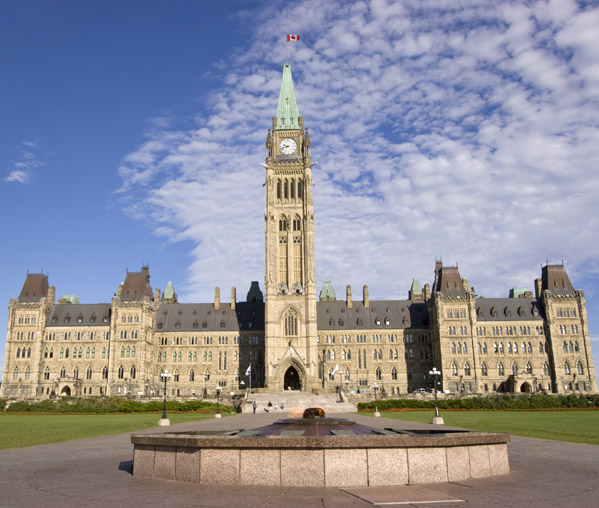What is a Pardons Canada?
A record suspension, or pardon, is granted by the Government of Canada and allows for the removal of your record from public visibility. Once your pardons Canada application is approved, your record is invisible to anyone performing a background check unless they have been granted permission from yourself or the Public Safety Minister of Canada.
A criminal record can have a negative effect on the quality of your life, but obtaining a pardon can provide you with a reset button.
Above all, if your pardons Canada application is approved, your criminal record will be permanently sealed - along with all past convictions.
Recent changes to policies related to the Canadian pardons process have made it more difficult to obtain a record suspension. Because of these new regulations, you should ensure that you have a team of experts you can trust to process your pardons Canada application correctly and increase its chances of getting approved.

See if you qualify
How do I know if I qualify for a pardon?
To have your pardons Canada application approved, you must have completed the following prerequisites:
- Paid all fines and completed your probation.
- Served your entire sentence.
- Waited for a predetermined waiting period.
- Maintained a track record of good behaviour since the time you completed your sentence.
It should be noted that each parodns application is heavily personalized and that there are specific conditions that can make it more difficult for you to obtain a pardon. For example, indictable convictions for sexual crimes against minors, as well as having more than three offences prosecuted by indictment, will deem you ineligible for a pardon.
Getting your Pardons Canada application approved can help with:

Finding employment

Finding volunteer opportunities

Becoming a Canadian citizen

Obtaining custody of your children
Pardons Canada Eligibility Timelines
When it comes to pardons Canada, not everyone is eligible for a record suspension or pardon to remove their record from public visibility. Depending on what you have been charged for, you will have to wait a certain amount of time to become eligible for a pardon. It is important for all applicants to be aware of these different timelines because it will help with the application process. The pardons Canada application process take a lot of time, so it is a good idea to get started before your eligibility date. Furthermore, waiting periods for convictions start to run after jail time has been served or fines have been paid. With other outcomes, the waiting period commences from the court date. Here are the eligibility dates you need to know about:
- 5 months: withdrawn, dismissed, acquitted of charges
- 1 year: absolute discharges, stayed charges and most peace bonds
- 3 years: Conditional discharges
- 5 years: Summary convictions
- 10 years: Indictable convictions
- Ineligible: sexual convictions to a minor

Pardons Canada Definitions
The pardons Canada process comes with a lot of unfamiliar terminology for the average Canadian. It is helpful to understand what these terms mean to make the pardons Canada application process easier and less confusing. For your convenience, we collected a few terms and provided definitions that you can find below:
- Convictions - When a person goes to court, was found guilty and was convicted.
- Dismissed - The case against a person is closed or thrown out because there is not enough information to continue.
- Stayed - A stay happens when a case doesn’t have enough information, but it is not thrown out because evidence may arise in the near future. The offender is not found guilty, but their case is not closed for 1 year.
- Withdrawn - The charges were withdrawn in court and did not go to trial.
- Absolute Discharge - When a person goes to court and is not convicted. They were found guilty by the judge but not punished.
- Conditional Discharge - The person goes to court and is not convicted, but they were found guilty and a punishment was ordered(ie. Community service, fine, etc.)
- Acquittal - Person is found innocent of an offence.
- Peace Bond - When the charges are withdrawn in court and it does not go to trial. A peace bond, for example, can mean that a person must stay away from a person if they were harassing them (often used in domestic situations).

